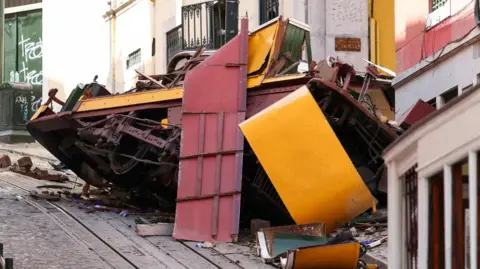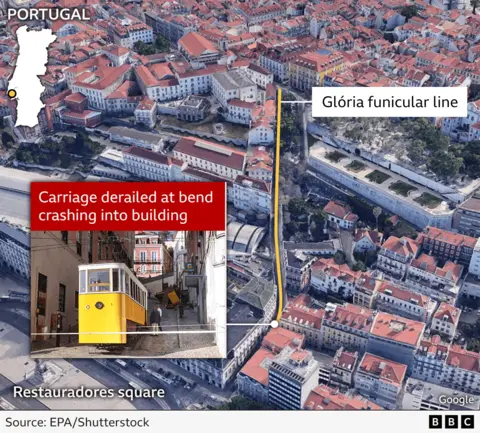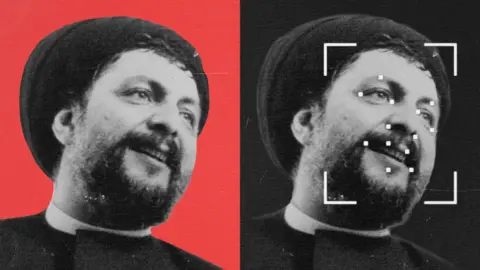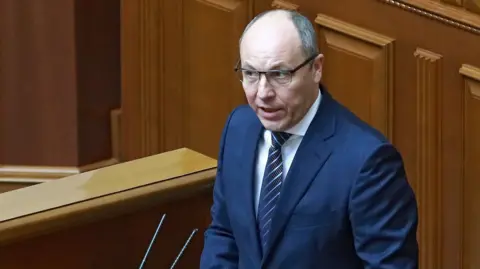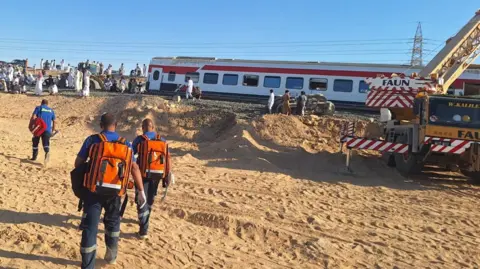Seconds after the takeoff of Air India Flight 171 from Sardar Vallabhbhai Patel International Airport in Ahmedabad on June 12, 2025, tragedy struck as the plane crashed, killing all but one of the 242 onboard and causing devastation on the ground. Investigators have revealed that the fuel supply to both engines was prematurely cut off, as outlined in a preliminary report from India’s Aircraft Accident Investigation Bureau.
The cockpit voice recording captured a critical moment where one pilot questioned the other about this cutoff, prompting serious concerns about decision-making processes in the cockpit. This finding has steered the inquiry away from any potential mechanical faults or design flaws in the Boeing 787 Dreamliner, effectively narrowing down the investigation to the actions of the flight crew.
Captain Sumeet Sabharwal and First Officer Clive Kunder, despite their combined flight experience of over 13,400 hours, were at the controls when the aircraft tragically struck a medical college's dining hall shortly after takeoff, leading to one of the deadliest aviation disasters in Indian history, surpassing a similar incident in 1996. The calamity has prompted widespread mourning among the families of the victims, including a significant segment of British Gujaratis.
The investigation continues as authorities seek to determine the precise circumstances surrounding this harrowing incident and what remedial actions may be needed to prevent future occurrences.







